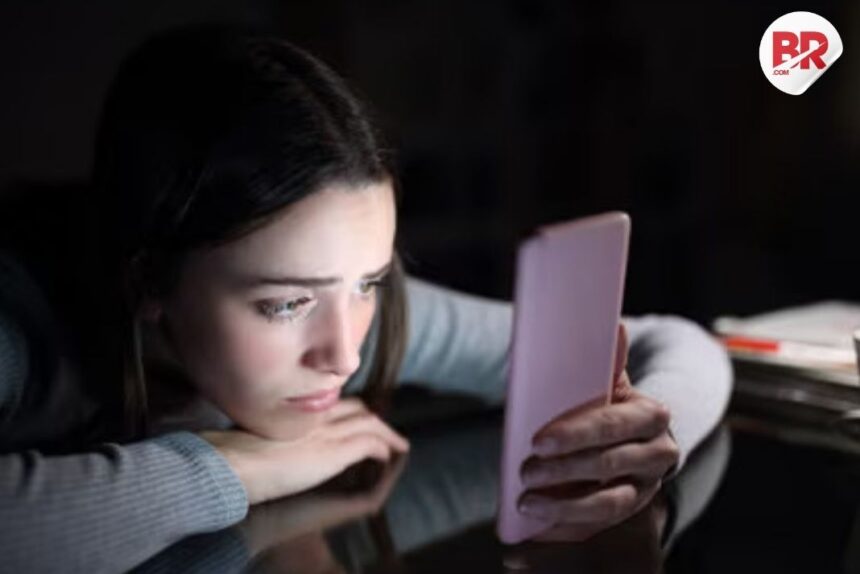
TikTok has become a popular place for people to learn about mental health. Many users turn to short videos for tips on dealing with stress, anxiety, and depression. But here’s the problem: over 50% of the most-viewed mental health videos on TikTok contain wrong or misleading information. That’s worrying, especially because mental health is such a personal and serious issue.
Why Is This Happening?
TikTok’s algorithm shows us videos based on what we like and watch the most. Mental health content is relatable and emotional, which makes people watch and share it quickly. Many creators share their own experiences or give advice that sounds easy and helpful—like “drink more water to cure anxiety” or “do this one breathing exercise to stop depression.” These tips sound good in short videos, but they often don’t come from real mental health professionals and aren’t backed by science.


The Risks of Fake Advice
The biggest danger is that people who really need help may believe these videos and delay getting proper treatment. For example, someone with depression might think they can fix it with a TikTok hack instead of seeing a therapist or doctor. This can make things worse over time.
Also, it’s hard to tell when someone is just sharing their personal story or pretending to give expert advice. TikTok’s format rewards videos that get more views, likes, and shares—so even if the information is wrong, it can still go viral. Many influencers with millions of followers share advice that looks convincing but isn’t always right.
Why So Many People Fall for It
There’s a huge demand for mental health content, especially after the COVID-19 pandemic. Young people, in particular, are looking for answers and support online. Creators who want more views and followers might take advantage of this, even if they don’t have the proper knowledge.
In countries like India, where mental health is still a taboo topic, this can be even more harmful. Many people don’t talk openly about mental health or don’t feel comfortable going to a professional. So, they trust what they see on social media without checking if it’s true.
What Can We Do About It?
TikTok has the power to spread good information and support. But it should be used carefully. It’s important for creators to be responsible and for users to think critically. Before believing or following any advice on mental health:
- Ask yourself if the person giving the advice is a trained professional.
- Check if the information is supported by science or reliable sources.
- See if the video encourages you to seek real help or just promises a quick fix.
Mental health is not something that can be solved in 60 seconds. It’s different for everyone, and real healing often takes time, effort, and the right support.
In Conclusion
We’re not saying TikTok is all bad. It can help raise awareness and start important conversations. But we must be careful about the kind of content we believe and share. Misinformation spreads easily—but so does awareness, if we use the platform wisely.
So stay smart, stay informed, and always trust reliable sources when it comes to your mental health.












